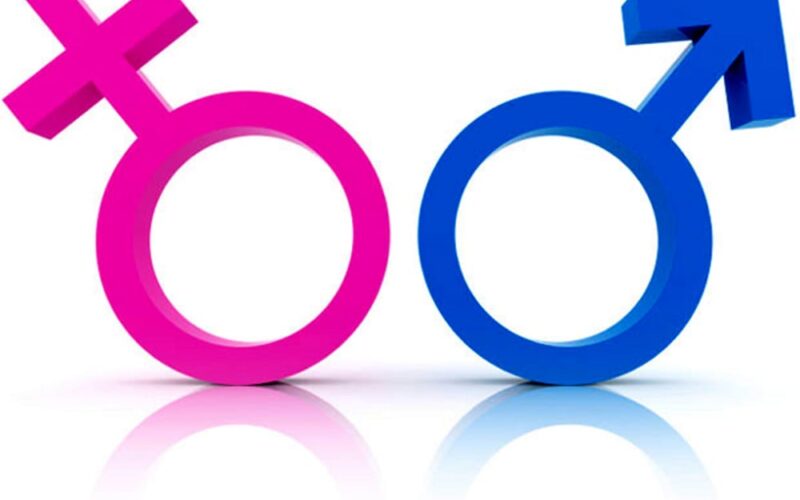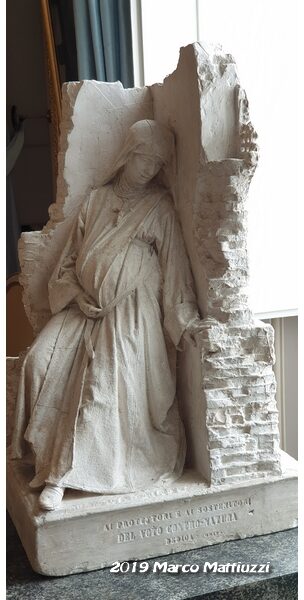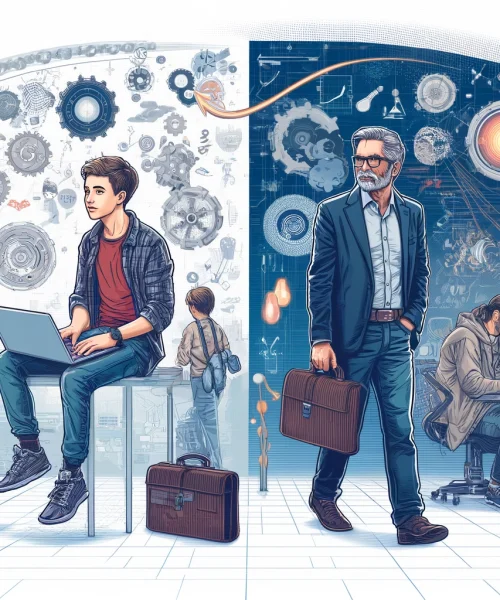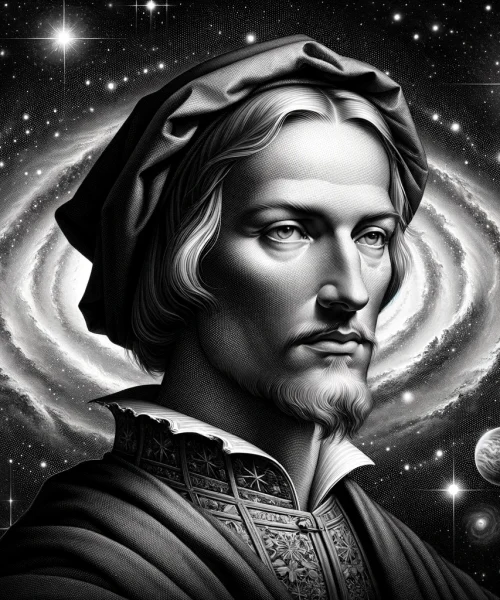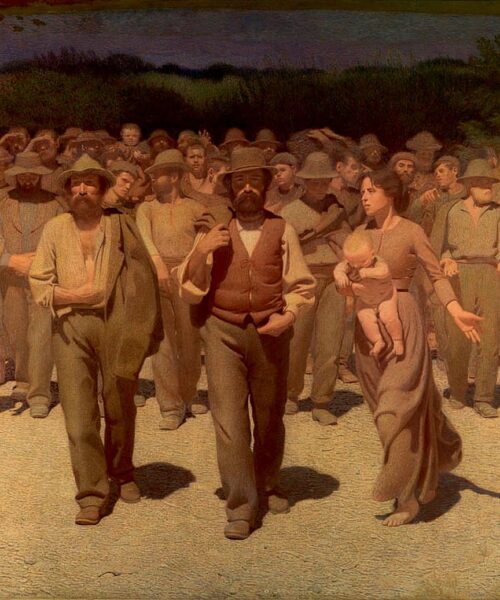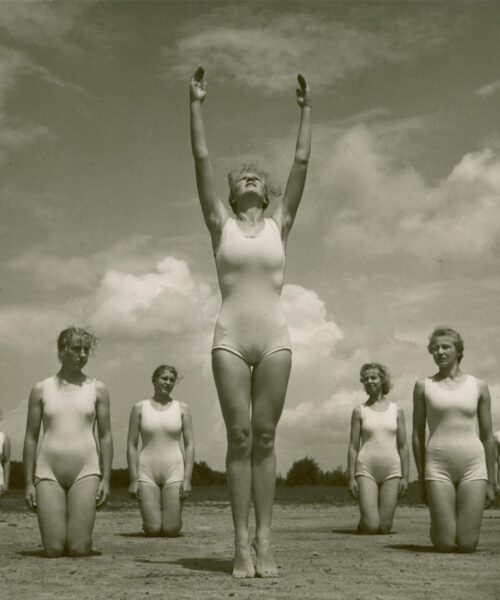In a society in constant motion and perpetual transformation, the ancient paradigms that once defined the very essence of our identity seem to falter. Once, gender was seen as one of the main pillars of our being, but now a deeper truth emerges: the true essence of individuality does not reside in being male or female, but rather in the intrinsic uniqueness of each individual.
We are, first and foremost, witnesses to a historical period in which rigid and dichotomous categories are being challenged. The biological difference between male and female, although undeniable at a physical level, cannot and should not be the only criterion with which we judge and classify people. Beyond biology, each one of us carries a mosaic of experiences, thoughts, aspirations, and dreams that go well beyond the simple concept of gender.
The philosopher Jean-Paul Sartre once stated that “existence precedes essence.” In other words, we are not defined by preexisting categories, but rather by our actions, our choices, and our engagement in the world. In this context, the male-female dichotomy appears reductive, almost an attempt to imprison the immensity of human experience in predefined boxes.
But why this obsession with categorizing? Sociology offers an enlightening perspective. Societies, throughout history, have often sought to create order through categorization. Gender, in this sense, has become a tool of power, a way to define roles and expectations.
However, as Simone de Beauvoir stated, “one is not born, but rather becomes, a woman.” This revolutionary idea highlights the fact that gender is not just a matter of biology, but also of culture, education, and socialization. Consequently, it is possible to envision a society where gender is no longer the primary determinant of a person’s identity.
And here lies the real challenge of our time: to recognize and celebrate the uniqueness of each individual, beyond the superficial distinctions of gender. A challenge that requires courage, open-mindedness, and a constant commitment to building a more just and inclusive society.
In conclusion, as we move towards an uncertain future, it is essential that we recognize the importance of seeing beyond traditional categorizations and embracing the true essence of individuality. Only then can we hope to build a society where each one of us is appreciated for who we truly are, and not for what others expect us to be.

